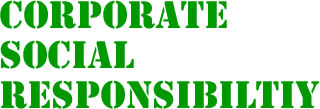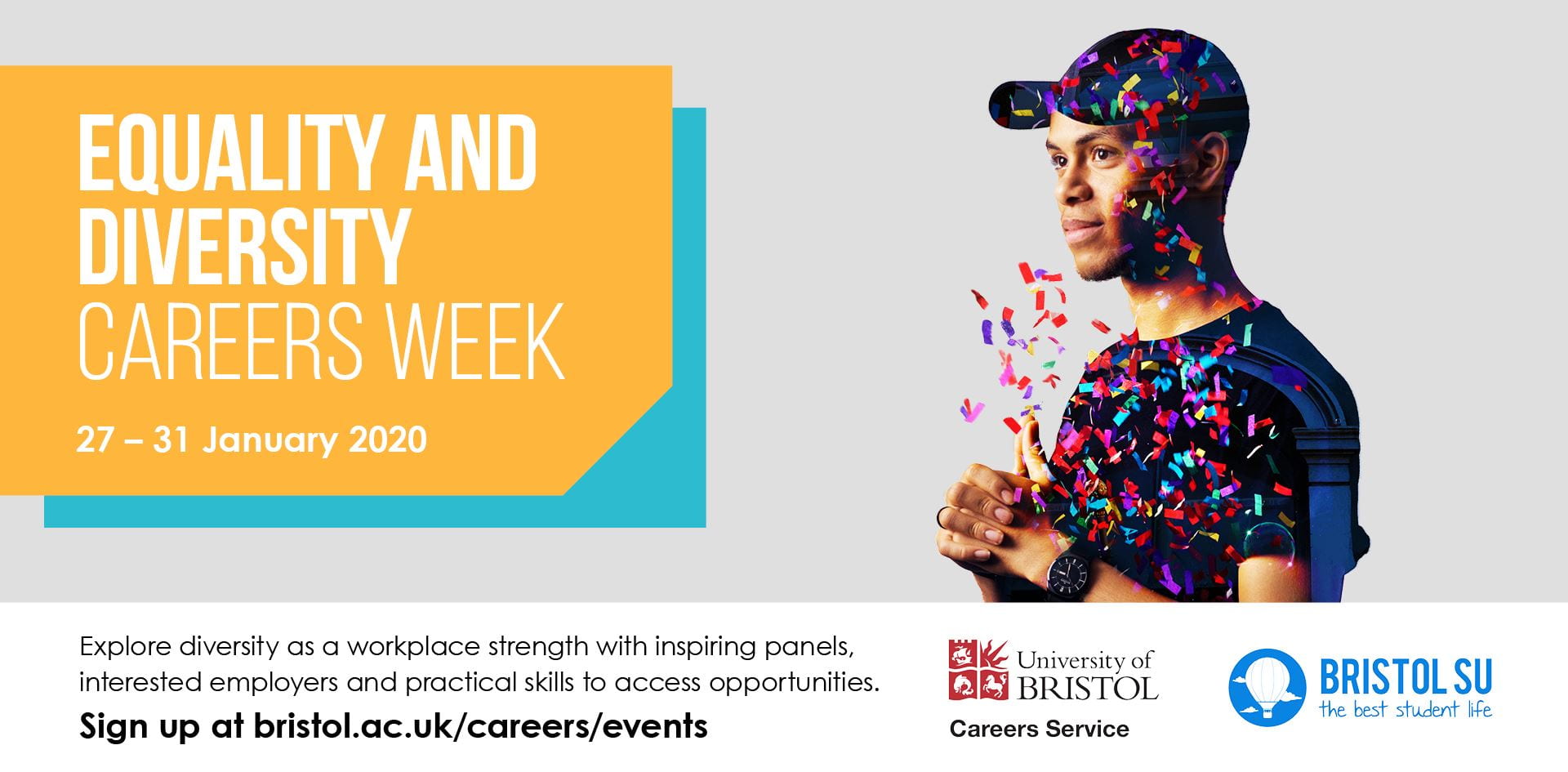
Corporate Social Responsibility, or CSR as it is more commonly known, describes the way a company accounts for the impact of its business activities. This includes:
- Impacts on the environment – use of resources, impacts on climate change
- Impacts on social needs – poverty, equality, health, promoting strong communities with the resilience to cope with change, support for youth, education, older people
- Impacts on cultural heritage – the importance of diversity and the protection of the things we value as our heritage.
The CSR definition used by Business for Social Responsibility (http://www.bsr.org/en/) is: ‘operating a business in a manner that meets or exceeds the ethical, legal, commercial and public expectations that society has of business.’
CSR is a top priority for many organisations today and employers increasingly want evidence that potential employees have clear ethics and a good understanding of the role CSR plays within businesses.
“Having strong CSR platforms enables companies to conduct their business in a way that is ethical, whilst taking account of their social, economic and environmental impact. It is important that as potential employees of a company you fully understand the role CSR plays within the business, it’s main purpose in fulfilling their goals and mission and how it is now seen as an important way to increase competitive advantage, protect and raise brand awareness and build trust with customers and employees”.
Martyn Flynn, Talent Acquisition Manager, Enterprise Rent-A-Car
Every organisation interacts with employees, customers, suppliers and stakeholders. CSR is about managing these relationships to produce an overall positive impact on society, whilst making money.
Companies approach CSR in different ways and it’s likely that organisations will have several CSR activities. Many companies start with small projects such as giving money to charity or creating recycling policies because these activities are quick and easy to decide on and implement. The Green Impact scheme developed at Bristol is a good example of this: http://www.bristol.ac.uk/environment/green_impact. Ideally, organisations will move towards CSR strategies that focus on truly adding value for the business and society.
Below are a few examples of what real businesses are doing to address CSR:
Having knowledge of CSR is now part of the Bristol PLuS Outstanding Award requirments. Find out more on the Bristol PLuS Award webpages: http://www.bris.ac.uk/careers/plusaward/Index.asp
Jenny Smith, Bristol PLuS Award Coordinator




